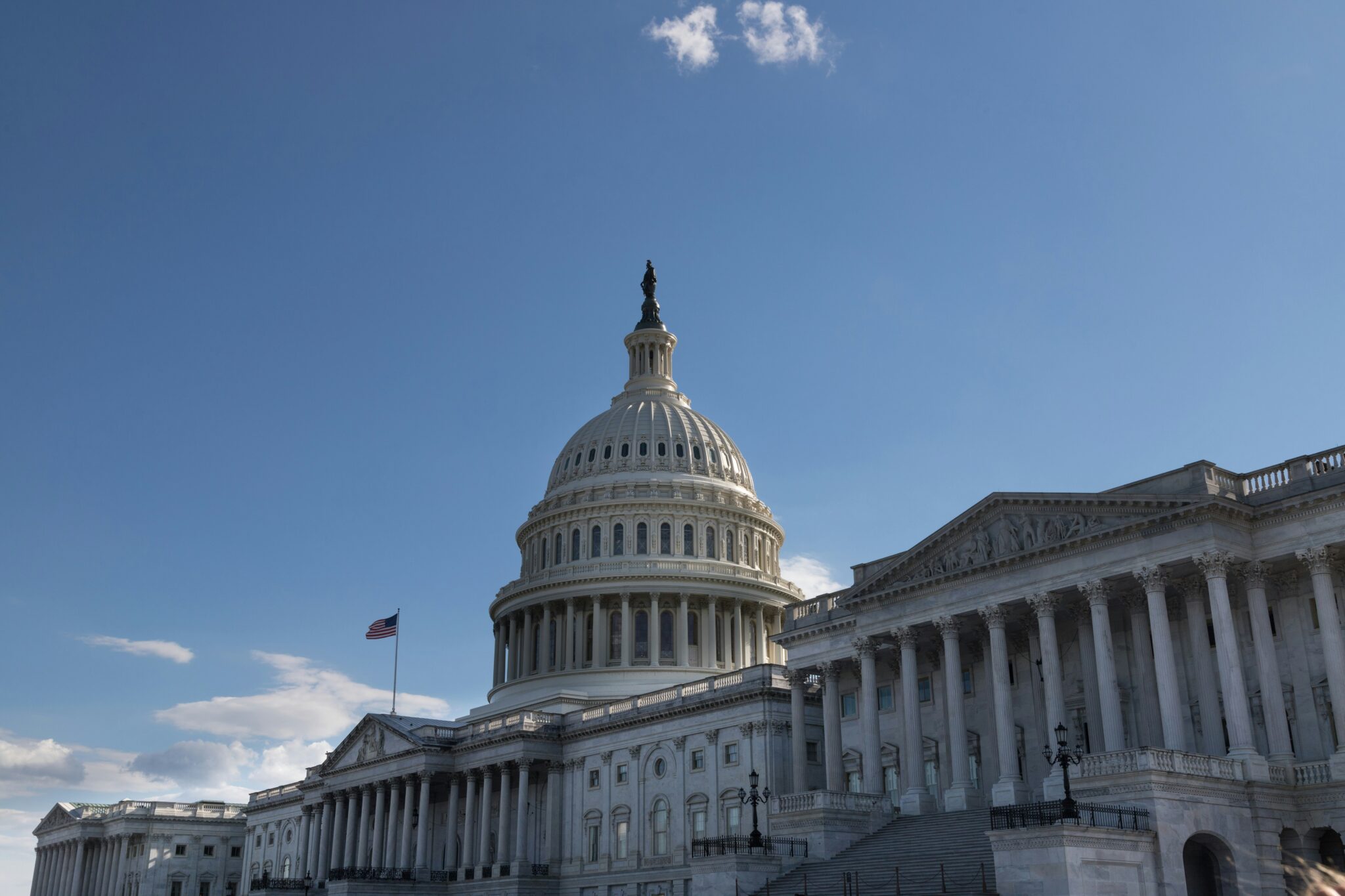In their rush to clear the deck before control of the House of Representatives flips in January, Republicans on the House tax writing committee held one last hurrah. On Monday they unveiled a $55 billion tax package to make some reforms at IRS, provide tax relief for people affected by recent natural disasters, expand IRA options, and extend a few recently expired tax breaks. The whole bill has problems, but inclusion of this passel of “tax extenders” in particular will give taxpayers heartburn. Enacting extenders would be a bad idea at any time. In a lame duck Congress, it’s even worse.
The tax extenders package is a perennial poltergeist. This hodge-podge of provisions routinely gets enacted for a year or two, sometimes even retroactively. The provisions seldom get much scrutiny. Each line item is typically tailored to benefit a small number of taxpayers; each typically has a legislative champion with influential constituents who benefit from the tax break. Extenders make the tax code more complicated. The process is antithetical to the goals of better budgeting, building a simpler tax code, and getting fairness from Washington.
Tax extenders lead to budgetary bloat.
Tax extenders are only “extended” for one or two years. Under Congressional budget rules, the cost of legislation is calculated over 10 years. With an extender, the official scorekeepers can only count one or two years of costs. Even though we all know that Congress will effectively make most of these provisions permanent by “extending” each again and again, sorry, rules are rules. This game masks the true cost of each provision and understates the true size of future budget deficits. Pretending that policies expire when in practice they don’t isn’t the sole province of tax extenders—see the farm bill. But use of extenders makes it much harder to identify the size and scope of government.
These packages are the product of a bad process.
Tax extenders are the lampreys of legislation, latching onto much more important bills to feed from the Treasury. Remember 2008, when then Senators Obama (D-IL) and McCain (R-AZ) paused their presidential campaign to return to Washington and vote on Congressional efforts to bailout banks and avoid a second Great Depression? Or 2012, when a deal was hatched to avoid the so-called fiscal cliff? Or the bipartisan budget agreement early this year that increased spending by $320 billion? Did you know that those bills also extended the Research and Development Tax Credit, increased the Alternative Minimum Tax floor, and extended a tax break to racehorses owners? Yes, a tax extender package was added to each of those major bills, late in the process, and without debate. What member of Congress is going to vote to shut the government or start the Great Depression 2.0 because they don’t like a specific tax give-away? None.
Bad policies.
Not every provision in the current package continues policies that have failed to produce results. They don’t each benefit only the politically connected at the expense of everyone else. But most of them do (e.g., credit for fuel-cell vehicles, credit for plug-in motorcycles, accelerated depreciation for motorsports complexes aka NASCAR tracks). Even if some provisions could be justified on their own merits, including it in the extenders package is still a gimmick. If the narrow exception were meritorious enough, the provision should be made permanent rather than masking the true cost by extending it every couple of years. Lawmakers had a chance to include these extenders in the Tax Cuts and Jobs Act of 2017. But they didn’t. And for good cause.
Congress does still need to reform the tax code. The 115th Congress failed to provide true comprehensive tax reform. Reform that would create a simpler, fairer, less complicated code that meets our collective spending appetite with an amount of revenue we can live with. Tax extenders aren’t a part of that recipe. This lame duck Congress should push back from the tax cut table and make way for some new cooks.










